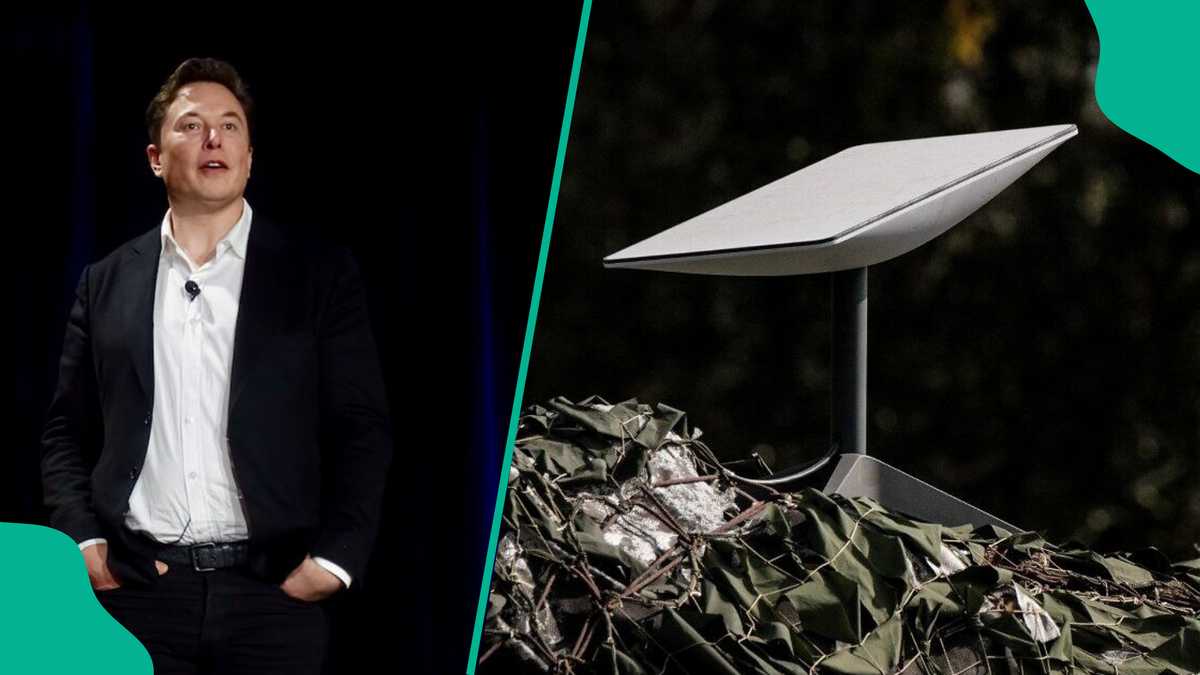UNICEF ramps up push for AI, digital skills in Nigeria, eyes 20 million youth by 2030
As global attention turns to World Youth Skills Day, UNICEF Nigeria has spotlighted the urgent need to bridge Nigeria’s growing digital skills gap, unveiling ambitious plans to equip 20 million young Nigerians with critical technology and entrepreneurship skills by 2030.
With youth unemployment and digital illiteracy on the rise, UNICEF is partnering with the Nigerian government and corporate giants like Microsoft, Airtel, IHS Towers, and other global allies to fast-track the digital transformation of Nigeria’s youth under the Generation Unlimited Nigeria (GenU) platform.
“Jobs of today and tomorrow demand digital skills, especially in AI and emerging technologies,” UNICEF Nigeria Education Specialist, Babagana Aminu, told *THISDAY*. “Our mission is to prepare Nigeria’s youth to thrive in this evolving landscape and become better citizens.”
Since the programme’s launch in 2021, UNICEF has reached over nine million young Nigerians. However, Aminu warned that millions remain cut off from meaningful opportunities due to poor broadband access, unreliable electricity, and limited digital training in rural schools. “While 159 million Nigerians have access to the internet, only about 50 per cent have meaningful broadband access, and in rural areas, digital literacy offerings are available in just 20 per cent of schools,” he noted.
UNICEF is leveraging partnerships to close these gaps. Aminu highlighted the Nigerian Learning Passport, developed with Microsoft and the Federal Ministry of Education, which provides free digital training. “Airtel users, for example, can access these learning platforms without needing data, ensuring inclusion even in underserved communities,” he said.
By 2025, UNICEF plans to train 700,000 youths in AI skills and 500,000 in basic digital literacy. “We want to ensure Nigerian youth are not just consumers of technology but creators and innovators,” Aminu stated.
Gender equity is also a key focus. Through the Girls’ Education and Skills Partnership (GESP), UNICEF, alongside the UK’s Foreign, Commonwealth and Development Office (FCDO), Yaba College of Technology, and Save the Children, plans to train 50,000 girls and young women—including those with disabilities—in web development, mobile app creation, and computer repairs. “We are working to bridge the gender gap in tech by ensuring equal access and offering mentorship and internships through corporate partnerships like Unilever and Vodafone,” Aminu added.
UNICEF is also empowering young Nigerians to have a direct say in education policy through initiatives like the *Young People Action Team*. “Youth must speak up and advocate for the kind of education and skills they need,” Aminu said. “We’ve built platforms to amplify their voices, especially through social media and youth-led organisations.”
Echoing the call for change, UNICEF young influencer and digital inclusion advocate, Deborah Damilola Adelaja, called for a complete overhaul of Nigeria’s education system. “We’re still stuck in a system that celebrates grades over growth, theory over practicality, and certificates over competence. Too many young people graduate without knowing how to think critically, navigate the digital world, manage money, or even communicate effectively,” Adelaja said.
Adelaja urged stakeholders to prioritise skills that prepare youths for the realities of the modern world. “The gap between classroom learning and real-world needs is huge,” she stressed, calling for modernised curricula, better-trained educators, and real investment in entrepreneurship and digital education.
With 2030 fast approaching, UNICEF’s expansive skills programme signals a new chapter in the drive to prepare Nigeria’s youth for the future of work.
You may also like...
The Names We Carry: Why Africa’s Many-Name Tradition Shouldn’t Be Left Behind
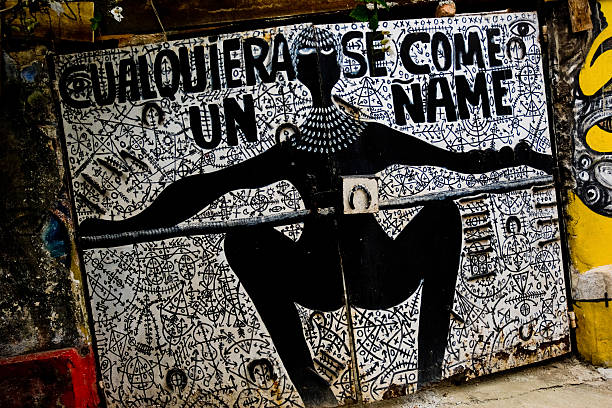
"In many African communities, a child's birth is marked with a cascade of names that serve as fingerprints of identity, ...
WHY CULTURAL APPROPRIATION ISN’T ALWAYS OFFENSIVE
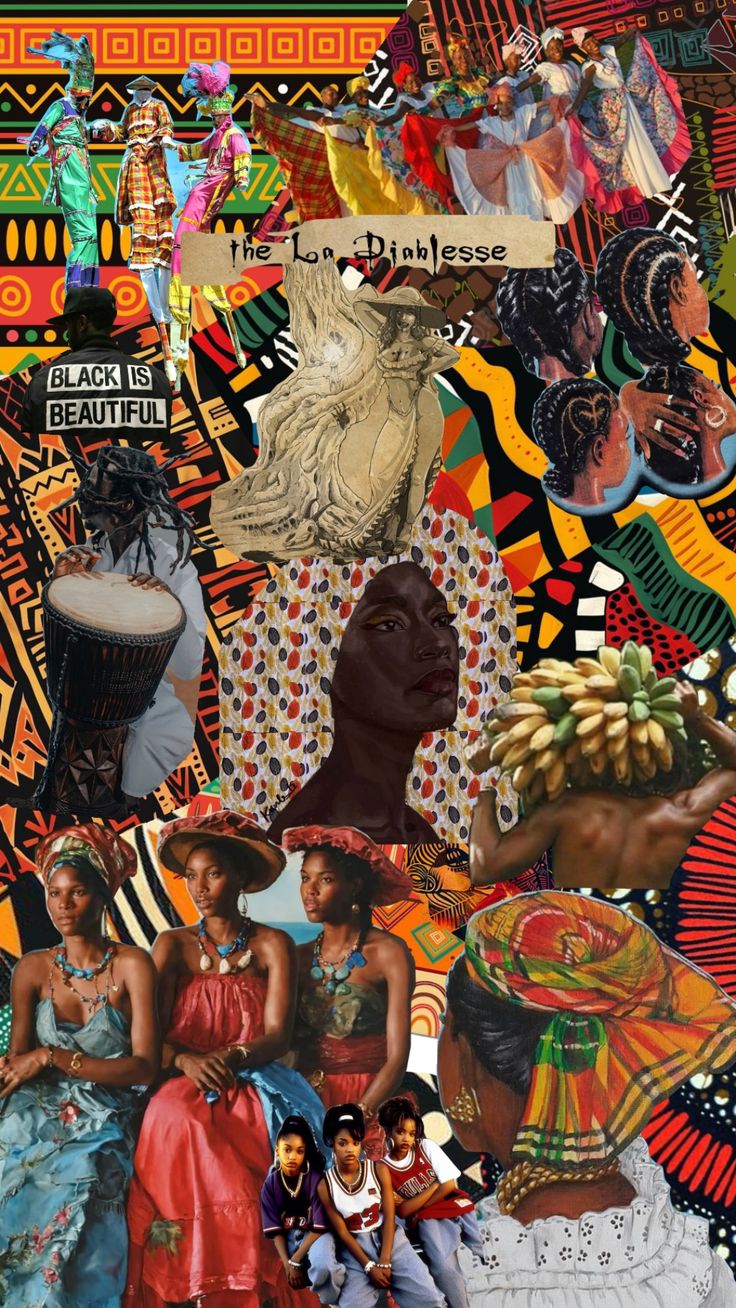
In a world of global fusion, is every act of cultural borrowing theft—or can it be respect? This thought-provoking essay...
Africa’s Health Revolution: How a New Generation is Redefining Global Wellness from the Ground Up

Move beyond the headlines of health challenges. Discover how African youth and innovators are using technology, traditio...
Kwame Nkrumah: The Visionary Who Dreamed of a United Africa
(13).jpeg)
Discover the powerful legacy of Kwame Nkrumah, Ghana’s first president and a pioneer of Pan-Africanism, whose vision for...
Meet the Theremin: The Weirdest Instrument You’ve Never Heard Of
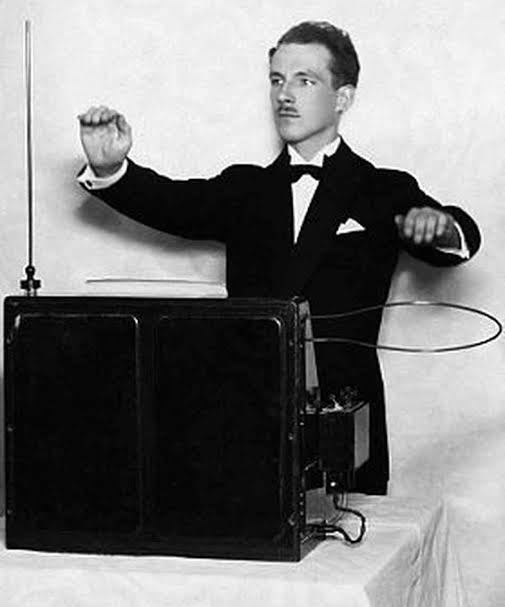
From sci-fi movies to African studios? Meet the theremin—a touchless, ghostly instrument that’s making its way into Afri...
Who Told You Afro Hair Isn’t Formal?
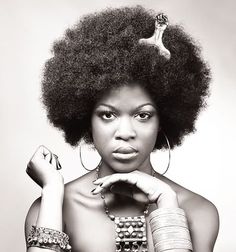
Afro hair is still widely seen as unprofessional or “unfinished” in African society. But who decided that coils, kinks, ...
1986 Cameroonian Disaster : The Deadly Cloud that Killed Thousands Overnight
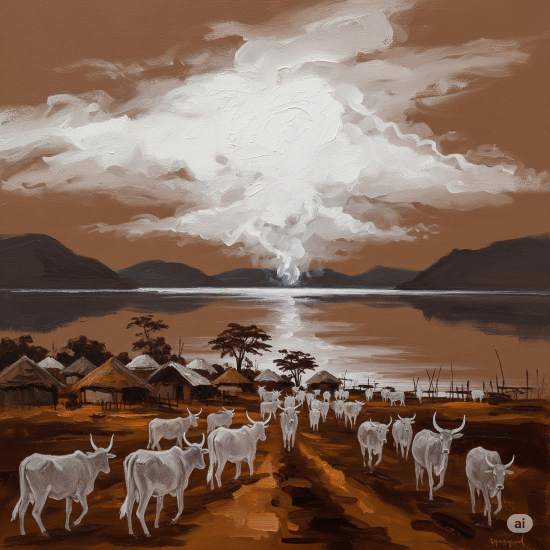
Like a thief in the night, a silent cloud rose from Lake Nyos in Cameroon, and stole nearly two thousand souls without a...
How a New Generation is Redefining Global Wellness from the Ground Up
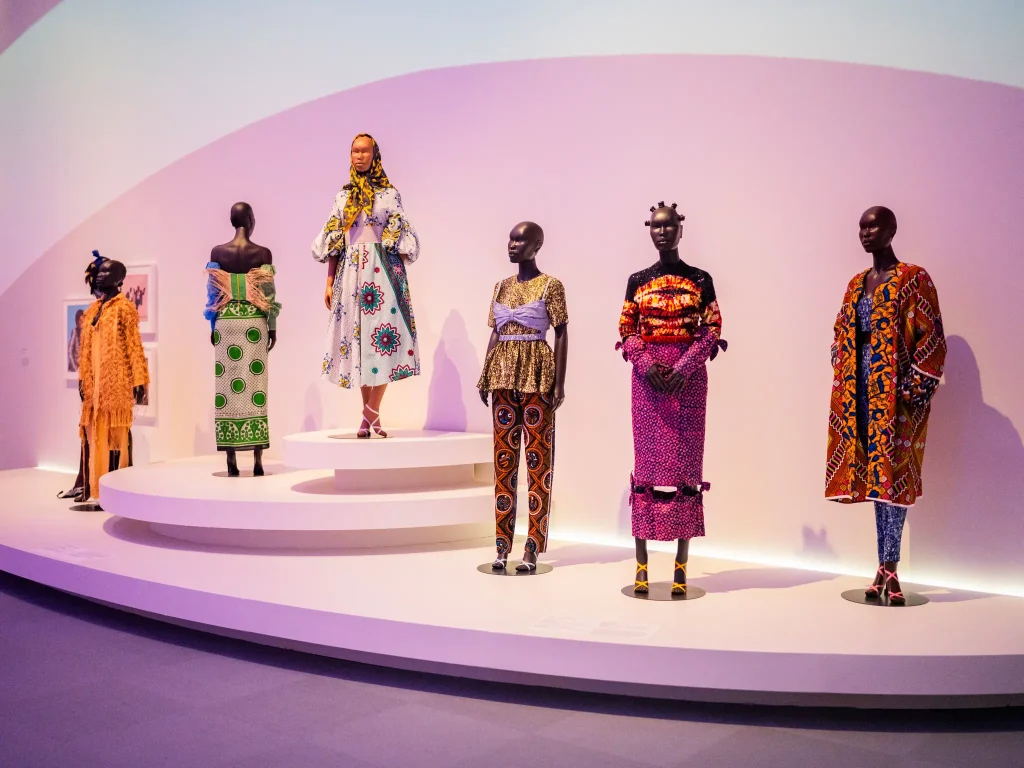
Forget fast fashion. Discover how African designers are leading a global revolution, using traditional textiles & innov...


